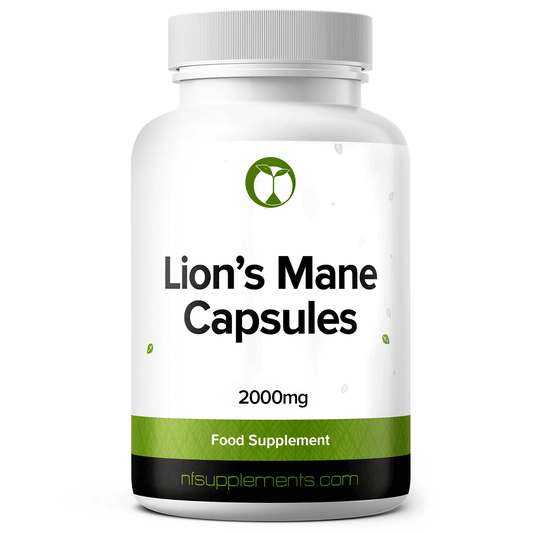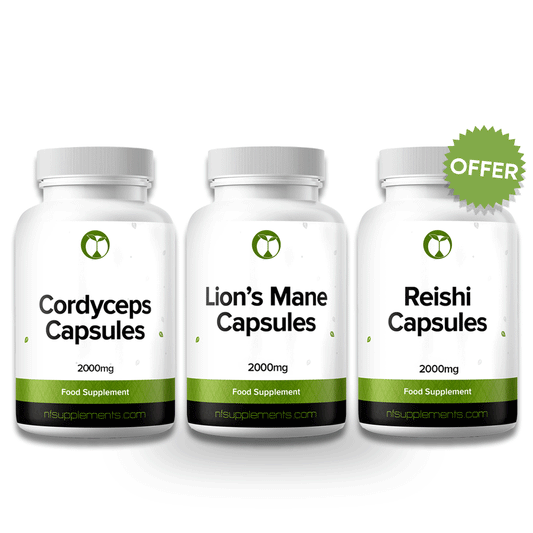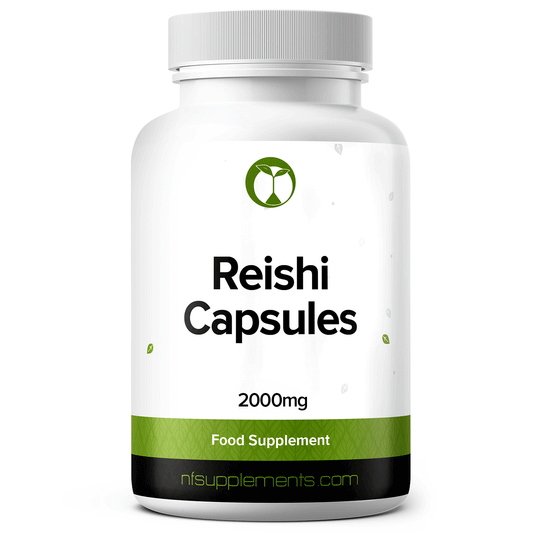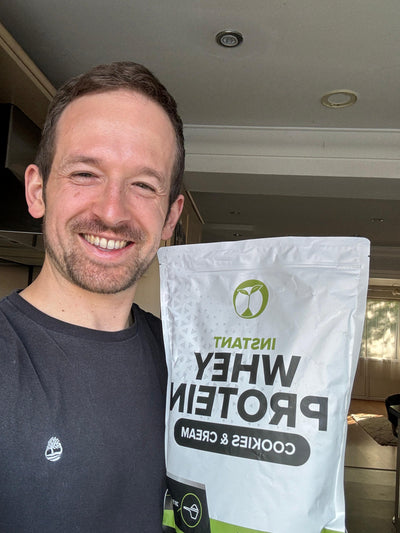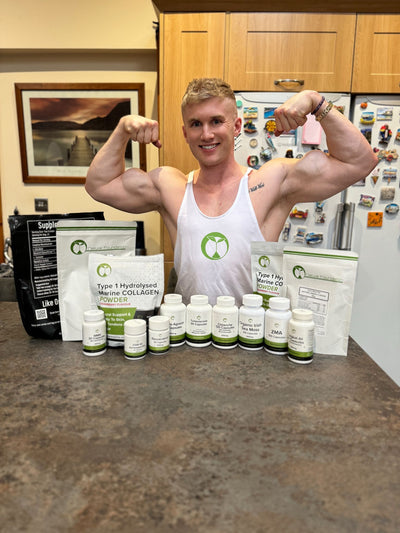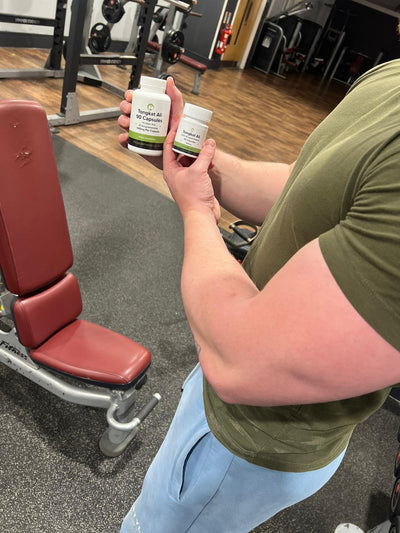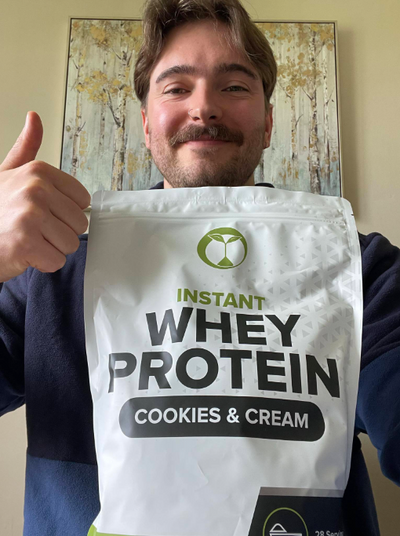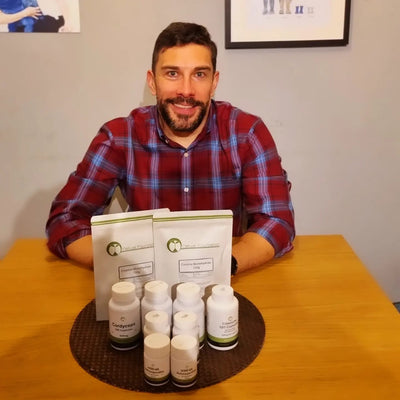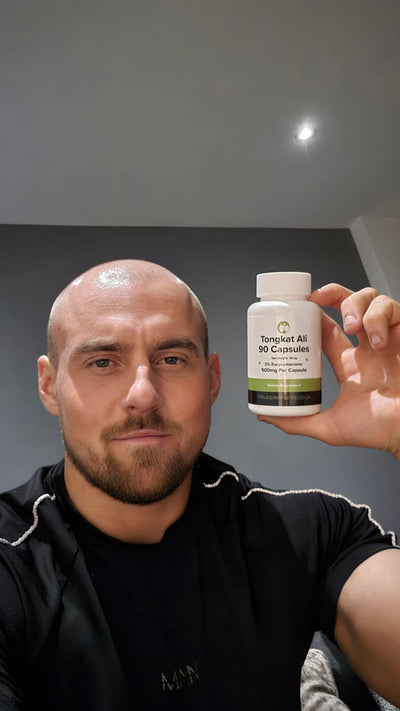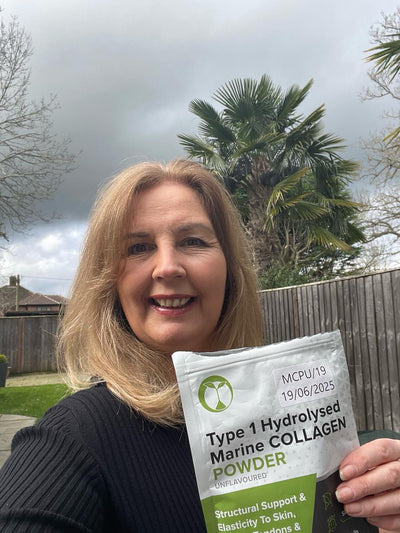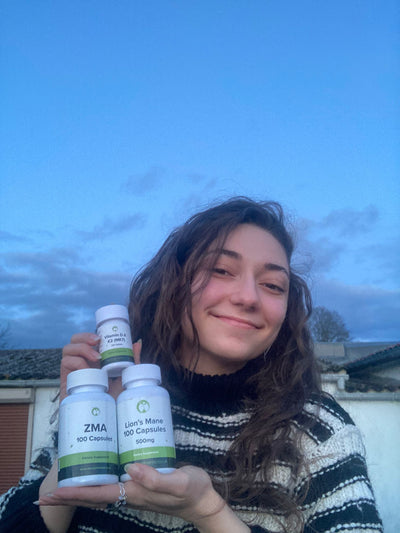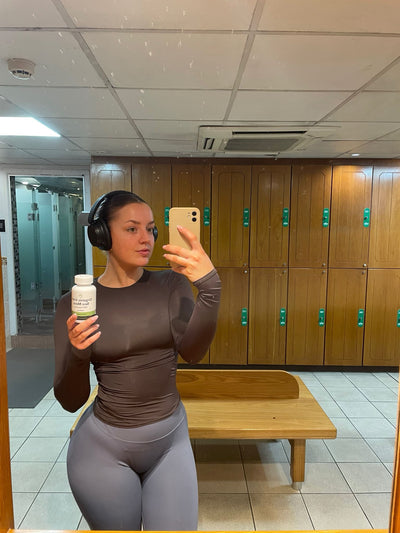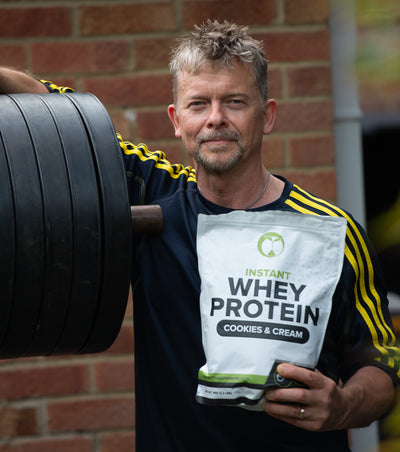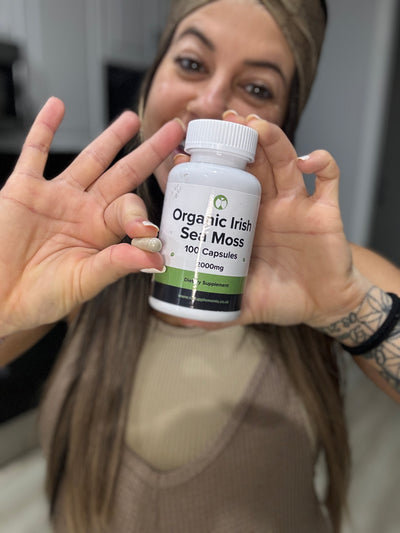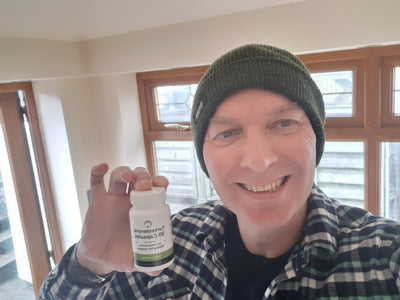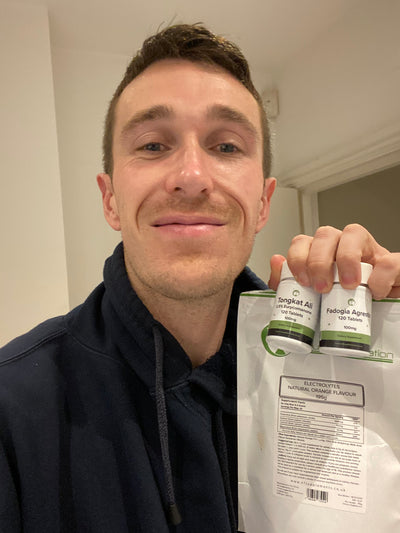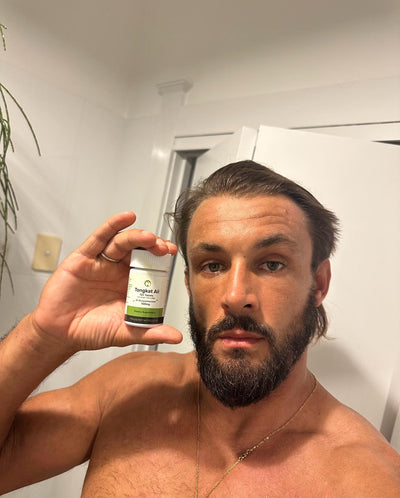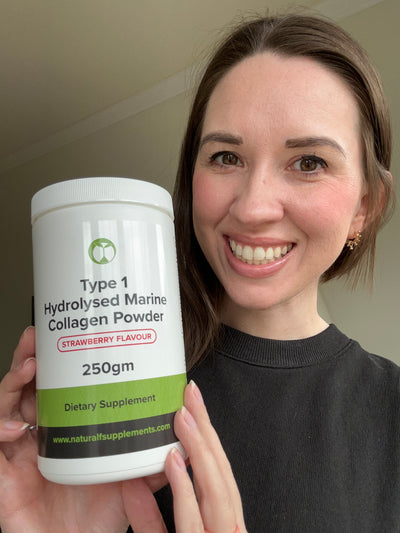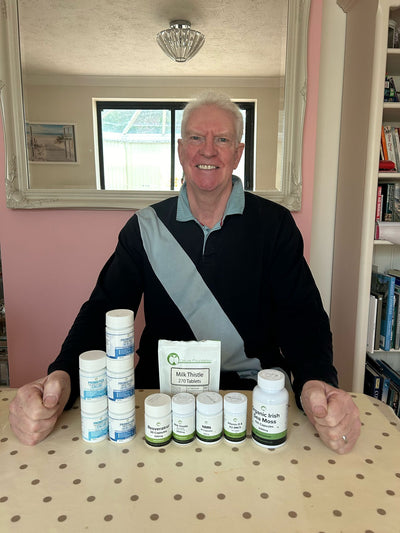SEE WHAT OUR CUSTOMERS ARE SAYING
Benefits of REISHI
-
Cognitive Function
-
Immune System
-
ENERGY AND ALERTNESS
-
INFLAMMATION
-
CARDIOVASCULAR System
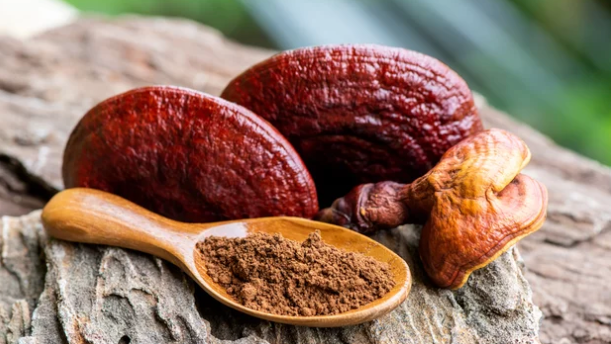
What is reishi?
Reishi is a traditional medicinal mushroom that has been used for centuries in Eastern cultures for its potential health benefits.
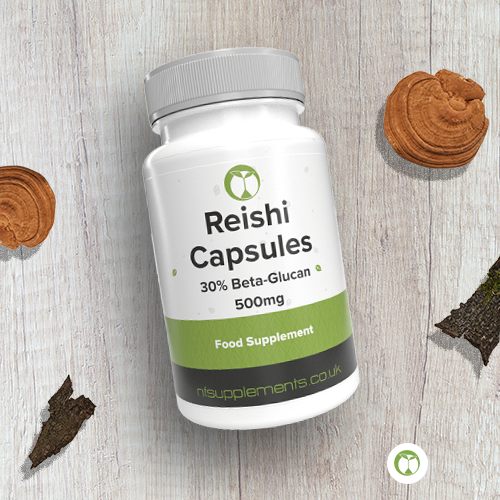
How to use
-
ONE TO FOUR CAPSULES PER DAY
Take one to four 500mg capsules daily, ideally in the morning.
-
With or Without FOOD
Reishi can be taken with food or on an empty stomach. However, the impact of food on supplement absorption is often unpredictable as different compounds within food can interact with the supplement in different ways.
Frequently Asked Questions
-
What are Reishi mushrooms?
Reishi mushrooms, also known as Ganoderma lucidum, are a medicinal mushroom long revered in traditional Chinese medicine. They grow wild on hardwood trees in Asia. Reishi is known for its diverse health benefits and has an earthy, bitter flavor.
-
How should I take Reishi supplements?
While it's important to follow the specific instructions on the packaging, typically Reishi supplements are taken orally either as a capsule or powder.
-
Are there any side effects to taking Reishi supplements?
Reishi is generally well tolerated by most people. In rare cases, it may cause upset stomach, dry mouth, itching or rashes. Reishi is not recommended for pregnancy or breastfeeding. Consult your doctor before use if you have any concerns.
-
Are Reishi supplements suitable for vegetarians and vegans?
Yes, Reishi is a mushroom, and therefore suitable for both vegetarians and vegans. However, please check the other ingredients listed on the product to ensure they align with your dietary requirements.
-
How long does it take to notice the benefits of Reishi?
The time it takes to notice benefits can vary depending on individual health, lifestyle factors, and the specific dosage taken. Some users may notice improvements within a few days, while for others it may take longer.
-
Can I take Reishi supplements if I'm on other medication?
As with any dietary supplement, it's always best to consult with your doctor or a healthcare provider before starting Reishi, especially if you are currently taking any medication.







